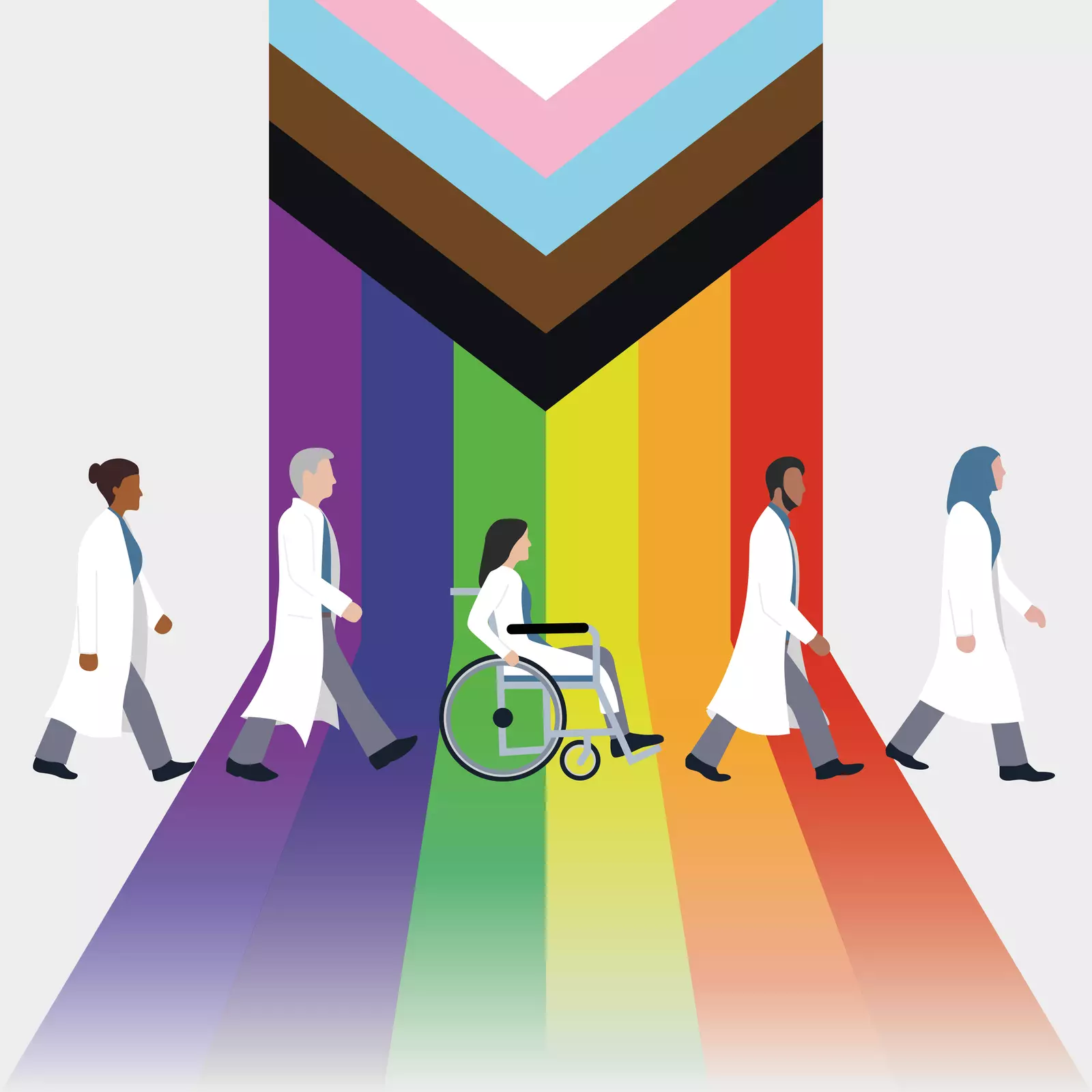Before you join
What we expect you will gain by joining the lab
- Critical thinking skills: It takes time, and most undergrads are just starting to learn these skills. We engage students in weekly lab meetings and various discussion groups and departmental seminars to foster a safe, yet instigating environment. Graduate courses are also part of the learning process.
- Scientific method and analytical skills: As a scientist, you should be able to pose a question, formulate hypothesis, design and conduct studies to verify such hypotheses. This includes the use of proper controls, and the correct analysis of the data collected. My students acquire such skills both by "seeing" and "doing". We have discussions and exercises, but students ultimately design and conduct their own research projects.
- Communication skills: A key aspect of science is sharing: share your data, your results and findings. How can you be what the world needs if you can't share it with the world? Most of our research falls within the industry-academia interface, so students must be able to communicate efficiently at both levels. Skills are developed through formal graduate courses, lab meetings, departmental seminars and by attending a variety of scientific and industry conferences. Students also develop written kills by publishing peer-reviewed manuscripts and industry-oriented articles. write scientific papers and
A safe place for each and everyone: expected student conduct

This is a professional environment. Respect everyone, regardless of experience level, background, or personal choices. This includes:
- Be on time
- Don't gossip about personal lives of lab members
- Keep your work space and communal space clean and presentable
- Treat equipment with respect
- Accept responsibility for your mistake
"When speaking to or about others, make yourself aware of their preferred pronouns and do not deliberately misgender others. Be considerate of the ways the words you choose may impact others. Offensive behaviour or comments related to gender, gender identity and expression, sexual orientation, disability, mental illness, neuro(a)typicality, physical appearance, body size, age, race, ethnicity, religion, or a person’s lifestyle choices and practices are not welcome" (Dr. Willis).
Harassment is not tolerated. This includes unwanted physical, sexual or repeated social contact.
I want to join, what do I do now?!
Please email your CV and a letter of interest to Dr. Matheus Costa (matheus.costa@usask.ca). Also reach out if you have any questions!
One last thing...
Finally, if you are seriously considering investing your time in research and science, I encourage you to read the following letters:
Teach undergraduates that doing a PhD will require them to embrace failure

